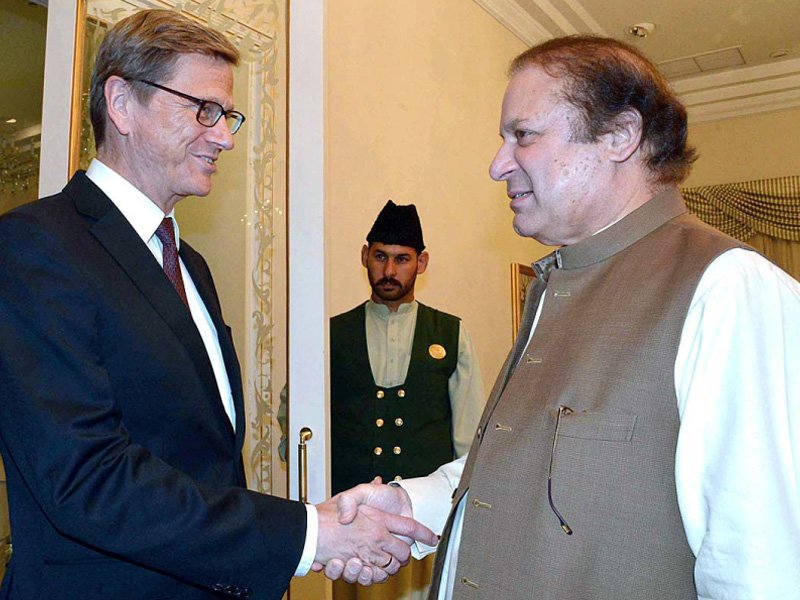
The issue of domestic security is directly linked to our foreign policy. As the guidelines rightly identify, unless the region is peaceful, Pakistan’s efforts for growth and development will not bear fruit. This is where the issue of Afghanistan and how Pakistan will act in the run-up to the Nato withdrawal becomes critical. The guidelines reaffirm the need for developing a regional consensus on supporting a stable government in Afghanistan and Pakistan’s official policy of backing “an Afghan-led, Afghan-owned process of peace and reconciliation”.
Considerable pragmatism has entered into the PML-N’s policy stance since winning the election. The guidelines call for progressive pursuit of normalcy in bilateral relations with India and seeking solutions to all outstanding issues, including Jammu and Kashmir. A good part of the guidelines seems to be the emphasis on “close cooperative relations” with Saudi Arabia, Turkey and Iran. Thankfully, the issue of terrorism has also featured in these guidelines where the new premier has mentioned developing a comprehensive strategy and a national consensus on the threat of terrorism. Finally, in terms of Pakistan-US relations, there is a clear case of continuity, on working on areas of divergence and consolidating where both countries converge. With respect to the foreign policy, we should not expect radical changes anytime soon.
Published in The Express Tribune, June 10th, 2013.
Like Opinion & Editorial on Facebook, follow @ETOpEd on Twitter to receive all updates on all our daily pieces.
COMMENTS (1)
Comments are moderated and generally will be posted if they are on-topic and not abusive.
For more information, please see our Comments FAQ












Except Drones right? Mian sahib has been pretty clear that he doesn't like drones, so we expect to see the PM lead a policy shift on Drones.